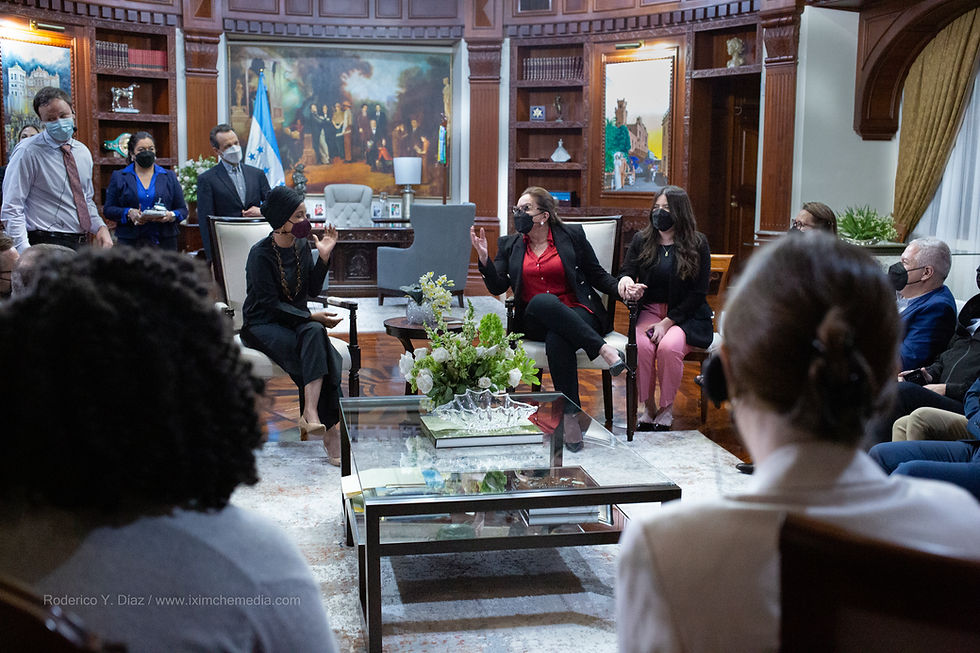Searching for the “American Dream”and falling victim to the “American Nightmare”
- Jul 9, 2010
- 1 min read
At a recent workshop for migrants and their families that Servicio Jesuita para los Migrantes hosted in rural Nicaragua, one of the participants was willing to share his tragic, but not uncommon, story. Pedro has four children, and like any father, he wants the best for them. He knows that having an education gives them a chance to escape from the poverty that afflicts his home country, but his family lacked the financial resources to put them through school. With virtually no opportunities available for him, it was out of sheer desperation that he decided to search for work in the United States.
He was not successful in making it to the U.S. But his determination to give his children a better future would not allow him to quit. He made the journey two more times, in spite of the perils and difficulties of the journey north to Nicaragua. He would not be as lucky on his fourth attempt, receiving irreversible damage to his feet while trying to board a fast moving train.
“Sometimes the American dream is an American nightmare,” he admits. “And that dream will kill you.”
Heartrending stories such as Pedro’s reveal that there is a crucial element missing from the immigration debate: the fact that U.S. economic policies force many of Latin America’s poorest to try their luck on the journey to the U.S., even when the odds are so heavily stacked against them. Unfortunately, very little has been said about how U.S. foreign policy encourages or perpetuates the economic weaknesses that prevented Pedro from being able to find work in his community. Through international education and grassroots advocacy, Witness for Peace calls for Congress to consider these economic realities as representatives prepare to craft legislation for immigration reform. We must ask our legislators this question: Does it truly make sense to create laws addressing symptoms of migration without addressing the root causes?




Comments